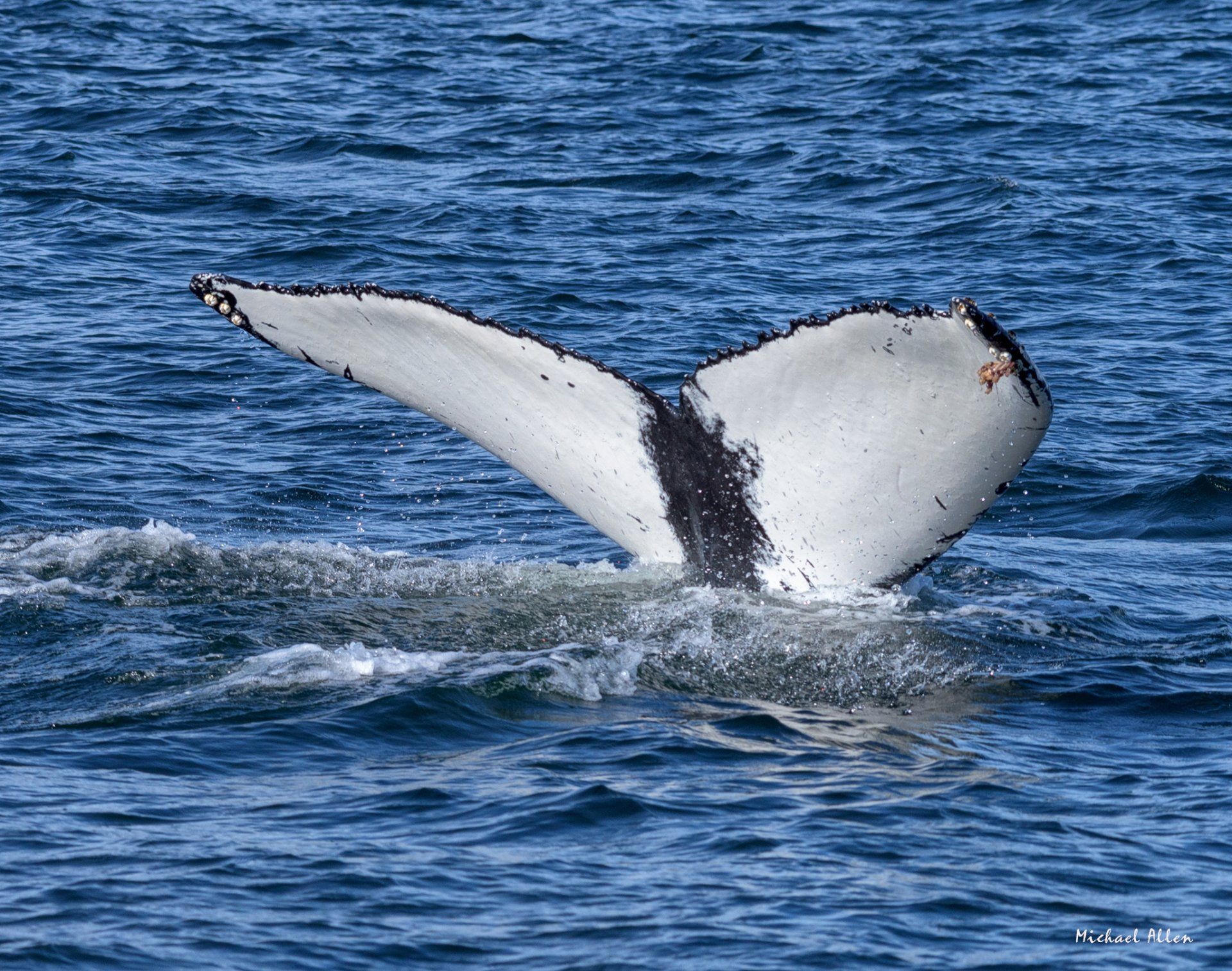Unsustainable Fishing in Bantry Bay Special Area of Conservation Threatens Endangered Species Food Source.
Up-roar among West Cork locals, eco-tour operators, naturalists and NGO's has arisen after Bantry Bay Charters crew captured drone footage of pair trawlers fishing for sprat inside Bantry Bay Special Area of Conservation (S.A.C.) on Tuesday the 13th of October. O.R.C.Ireland scientists have been working closely with Bantry Bay Charters over the last year, monitoring the marine wildlife in the area through citizen science with the Observers App and through dedicated monitoring on-board wildlife watching tours within the Bay. We fully support the initiative to designate Bantry Bay Bay S.A.C. as one of a network of Marine Protected Area's (MPAs) along the south-west coast of Ireland. Will you help us? Read on to find out why you should...
Bantry Bay, Glengarriff Woodland Nature Reserve and surrounding islands are some of Ireland's most breathtaking natural wonders and provide vital habitats for a diverse array of terrestrial and marine species, including marine algal flora, rich diversity of marine invertebrates, fishes and elasmobranchs (sharks, skates and rays), seabirds, including the white-tailed sea eagle ( Haliaeetus albicilla
), and marine mammals including large whales, such as the humpback whale ( Megaptera novaengliae
) and fin whale ( Balaenoptera physalus
), but also provides important foraging and nursery habitat for harbour porpoise ( Phocoena phocoena
) and short-beaked common dolphin ( Delphinus delphis
). It is, therefore not surprising that around Bantry Bay, a number of sites have been designated as Special Area of Conservation (S.A.C.) because they are of international importance.
Included as an S.A.C. is Sheep's Head, where O.R.C.Ireland scientists conducting surveys on-board Bantry Bay Charters and Baltimore Wildlife Tours recorded humpback whales just a few weeks ago, in Dunmannus Bay, Co. Cork.
UPDATED: Some beautiful captures of some of the humpback whales we encountered last Sunday on survey off Sheeps Head,...
Posted by ORCIreland on Saturday, September 5, 2020
This amazing drone footage was captured by Darren O'Sullivan, a skipper of " Deep Star " of Bantry Bay Charters. We can clearly see here humpback whales are bubble-net feeding, a technique used by individuals or groups of whales to corral and feed on forage fish species such as herring and sprat. Exactly what these large trawlers are now in the Bay removing by the ton.
Thanks to Darren O’Sullivan of @BantryBayTours for capturing this AMAZING footage of a humpback whale while on survey in Bantry Bay yesterday!
— Ocean Research & Conservation (O.R.C.) (@ORCireland) August 4, 2020
Here you can clearly see the humpback whale is creating a bubble-net and lunging through the bait ball of sprat. #ORCIreland #Drones pic.twitter.com/NEAsE1YflR
Within Bantry Bay, a juvenile fin whale was also recorded recently by crew on-board " Deep Star " of Bantry Bay Charters , in addition to what appears to be lots of mothers and calves of short-beaked common dolphin and large groups of harbour porpoise. Rachel Breslin, ( O.R.C.Ireland Research Assistant ) was on-board the vessel from July to August this summer, and conducted a total of 58 hours of dedicated observations over 10 survey days, logging a total of 68 sightings of a range of different species, including short-beaked common dolphin, harbour porpoise, minke whale, and humpback whale. This snapshot into the wildlife of Bantry Bay has highlighted the importance of the area for a range of marine mammal and seabird species, however, we strongly feel that more long-term research in the area is needed and we plan to continue surveys in the area with the help of Bantry Bay Charters over the coming years, starting again in Spring 2021.
Some shots of this years calves in the bantry bay nursery pod enjoying the sun before the bad weather hit last week!...
Posted by ORCIreland on Monday, August 24, 2020
This week, Bantry Bay Charters started a new Facebook page called Sustainable Bantry Bay, after having captured some startling footage which is being used to bring to light the demolition of inshore forage fish species by pair trawlers, who although are fishing legally, fish with no regulations, such as quotas, no minimum mesh size and no inspection of landings. These forage fish species, herring ( Herrangus herrangus ) and sprat ( Sprattus sprattus ) are essential keystone species that larger marine species, such as whales and seabirds, depend on for feeding.
Unfortunately the majority of the forage fish species caught by pelagic pair trawlers does not go to human consumption and instead goes to processing plants. To find out more check out Bantry Bay Charters and Sustainable Bantry Bay Facebook pages.
SHARE THIS ARTICLE















